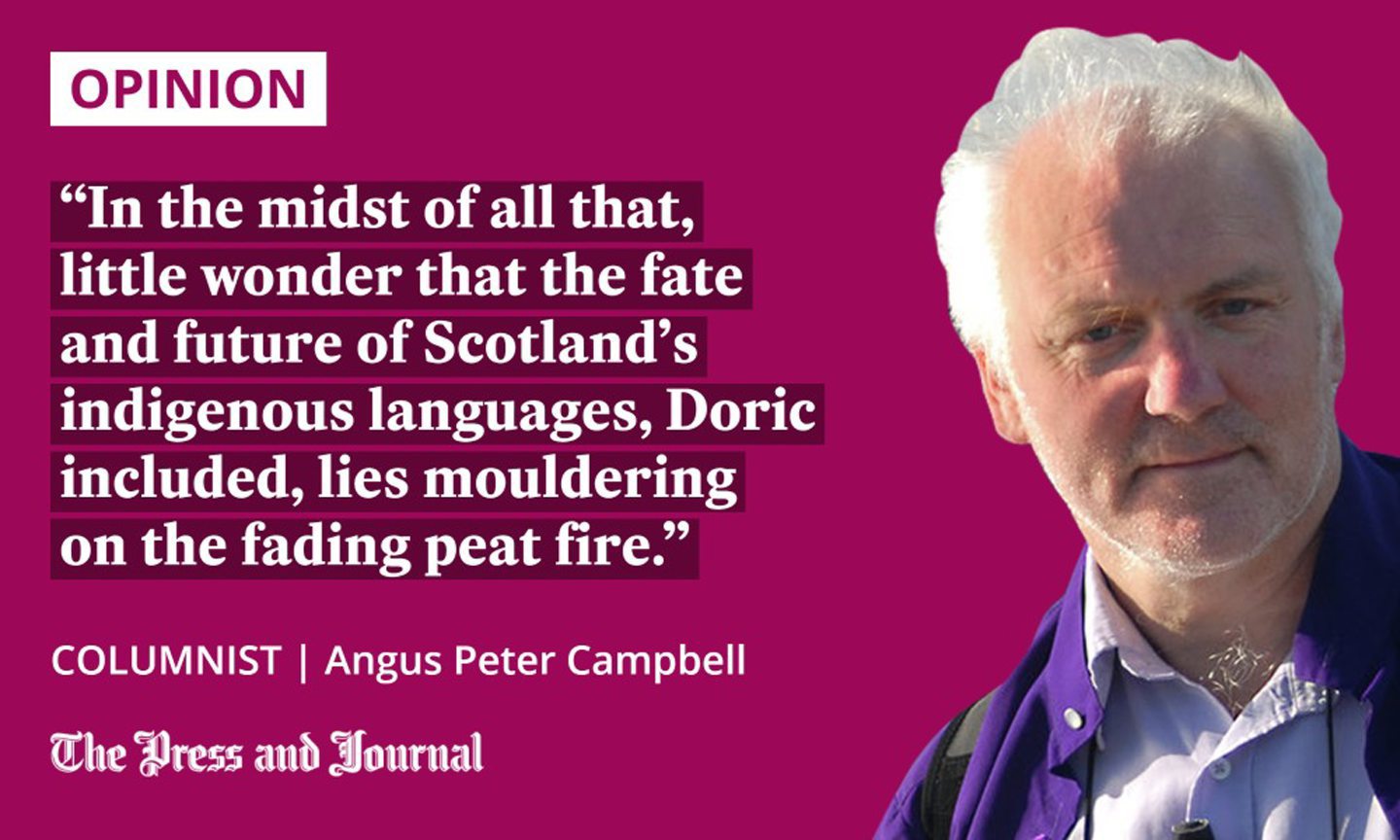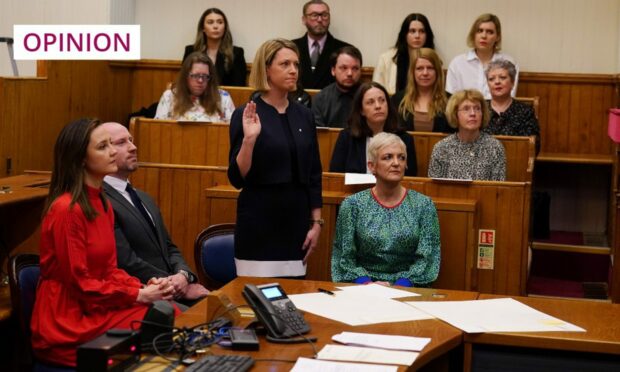I don’t know about you, but I thought the election (or selection?) process for the new first minister was a wee bit of a circus.
My money was always on Humza Yousaf, because I learned early on, as a schoolboy in Oban, that Aldo Lopez was hardly every wrong. He was the local bookie and, as we all know, they are not in the business of losing money. Like Red Rum in those far-off days, Mr Yousaf was always odds-on favourite.
Since then (goodness – is it only three weeks?) we’ve had the zealous police raid on Peter Murrell and Nicola Sturgeon’s home, the removal of the luxury motorhome from Mr Murrell’s mother’s driveway in Dunfermline, conflicting reports about the state of the SNP’s finances, and this week’s arrest of the party’s treasurer, Colin Beattie.
Meantime, other issues continue to trouble the Gaidhealtachd where I live. To name but two: the dreadful state of essential ferry services to the islands, and the growing anger over the SNP-Green coalition’s proposals for Highly Protected Marine Areas (HPMAs) in the seas of the Hebrides, where communities have fished ecologically for centuries. It’s not local fishermen who are destroying the seas, but industrial-sized trawlers and dredgers from elsewhere.
Though, sometimes, it’s the “smaller” threads that signify a garment is coming apart. Such as when you notice a kink in your favourite wool jumper, so you give it a wee tug, and next thing the whole sleeve is on the floor. A bit like this government’s treatment of Gaelic and Scots.

I want to bring you back to those heady, far-off days of three weeks ago. You may remember the campaign: Humza Yousaf v Kate Forbes v Ash Regan.
There were some thrilling moments, such as the “thermometer” suggestion and, of course, the focus on Forbes’s evangelical convictions. Though my own sense is that it wasn’t Kate’s religious beliefs but her neoliberal economic ideology (alongside Yousaf as the favoured son of the outgoing administration) that scuppered her chances.
Just like the Brexit vote, the SNP members finally split 52/48 in favour of Yousaf. Who then had (and still has) the unenviable task of uniting the disunited, while ferries break down, the housing crisis escalates, and Donald Francis MacNeil’s song against the HPMAs hits the digital charts.
In the midst of all that, little wonder that the fate and future of Scotland’s indigenous languages, Doric included, lies mouldering on the fading peat fire.
Jenny Gilruth has a lot on her plate
You may recall that Yousaf was chosen leader by the members of the SNP on Monday (March 27) and then confirmed as the new first minister the next day. That day and the following day, the scrambles for the new cabinet posts were confirmed: Shona Robison as deputy first minister and finance secretary; Michael Matheson as cabinet secretary for NHS recovery, health and social care; Jenny Gilruth as cabinet secretary for education and skills. And so on, and so forth.
Those of us with a particular interest in the fate of our native language waited with bated breath for the announcement of the new minister for Gaelic. The one who would lead us into the future. And waited and waited for the white smoke to emerge from the virtual Holyrood chimney.
Three days later, on the Friday, it was confirmed that responsibility for Gaelic and Scots and BSL (and, presumably, Doric) would lie with Jenny Gilruth.
According to the Scottish Government’s website she has direct political responsibility for the following 22 areas: childcare and wraparound care; school standards, quality and improvement; school infrastructure and staffing; closing the attainment gap; curriculum for excellence development; national improvement framework; teaching profession; removing barriers to education and supporting digital inclusion; education maintenance allowance; behaviour and measures to combat bullying; protection of vulnerable groups (PVG); Education Scotland (ES); school learning and support; education analytical services; education strategy and performance; additional support needs and support for learning; inclusive education; lifelong learning; cross government support for learning disabilities, autism and neurodiversity; National Digital Academy – and, here it is, entering at number 21 in the charts – languages, including BSL, Gaelic and Scots.
Finally, just to keep dear Jenny busy, she also, at number 22, has responsibility for “positive destinations and school leavers toolkit”.
Good luck with all that, a Shìneig!
The fate of our indigenous languages is clearly of extremely low priority for the current administration, busy dealing with internal finances and broken ferries
A campaign is now under way – led by the Scots and Doric language supporters group Oor Vyce, and the Gaelic language group Misneachd – for the Scottish Government to appoint a dedicated minister for Scottish languages.
The fate of our indigenous languages is clearly of extremely low priority for the current administration, busy dealing with internal finances and broken ferries. Any progress might well be despite them, rather than because of oor government.
As Mrs MacSonachan once said: if the parritch is tae be made ah’d better mak it masel.
Angus Peter Campbell is an award-winning writer and actor from Uist


Conversation